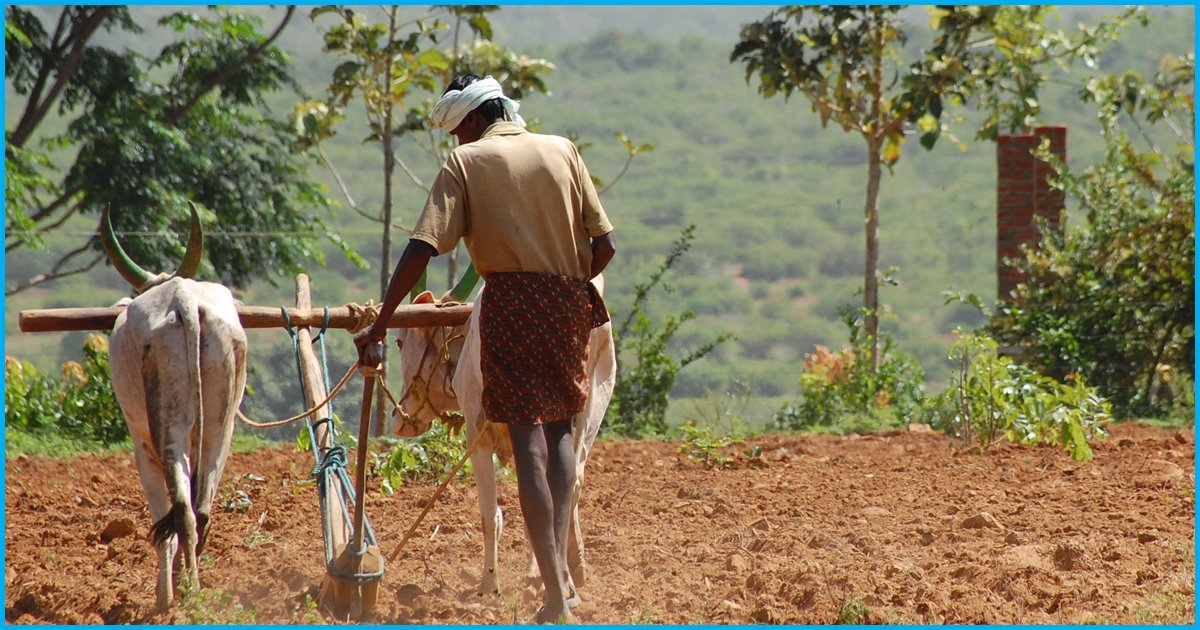
A Decline Of 25% In Income Of Farmers Who Depend On Rain: Economic Survey 2017-18
Economic Survey 2017-18 indicated that there would be a decline of 25% in rain-fed farmers’ (farmers who depend on rain for cultivation) income due to climate change. The document suggested expanding irrigation to more parts of the nation so that farmers get direct income support rather than subsidies.
“Climate change whose imprint on Indian agriculture is already visible might reduce farm incomes by up to 20-25 percent in the medium term,” the Survey said.
“This grim picture calls for urgent measures from the government on the price front, on crop insurance and disaster compensation front and promotion of resilient farming. We now wait to see if the budget is responsive to these trends or not, which incidentally one knew and need not have waited for the Economic Survey to point out,” says Kavitha Kuruganti, one of the Convenors of ASHA – Kisan Swaraj (Alliance for Sustainable & Holistic Agriculture)
According to the survey, more significant investments are needed on environment and agricultural sector. “Crop insurance and disaster compensation schemes have to be overhauled drastically. PMFBY (Pradhan Mantri Fasal Bima Yojana) is not helping farmers. It is fattening insurance companies, instead,” Kavitha added.
The document said that complete irrigation of Indian agriculture against the backdrop of water scarcity and limited efficiency in existing irrigation schemes would be a challenge. The report urged the government to take radical follow-ups to attain the objectives by doubling farmers’ income and reducing stress. It also suggested to bring more reforms in the agricultural sector and to increase farmer’s revenue.
“Minimising susceptibility to climate change requires drastically extending irrigation via efficient drip and sprinkler technologies, and replacing untargeted subsidies in power and fertiliser by direct income support,” the survey said.
Karnataka, Maharashtra, Madhya Pradesh, Rajasthan, Chhattisgarh and Jharkhand were listed as states which are extremely vulnerable to climate change. The survey observed that the prime priority of the government should be to provide opportunities for farmers to diversify their income. For that, the survey suggested reducing risks by encouraging the agriculture sub-sectors like livestock and fisheries.
Read highlights of last year’s economic survey here.
 All section
All section













